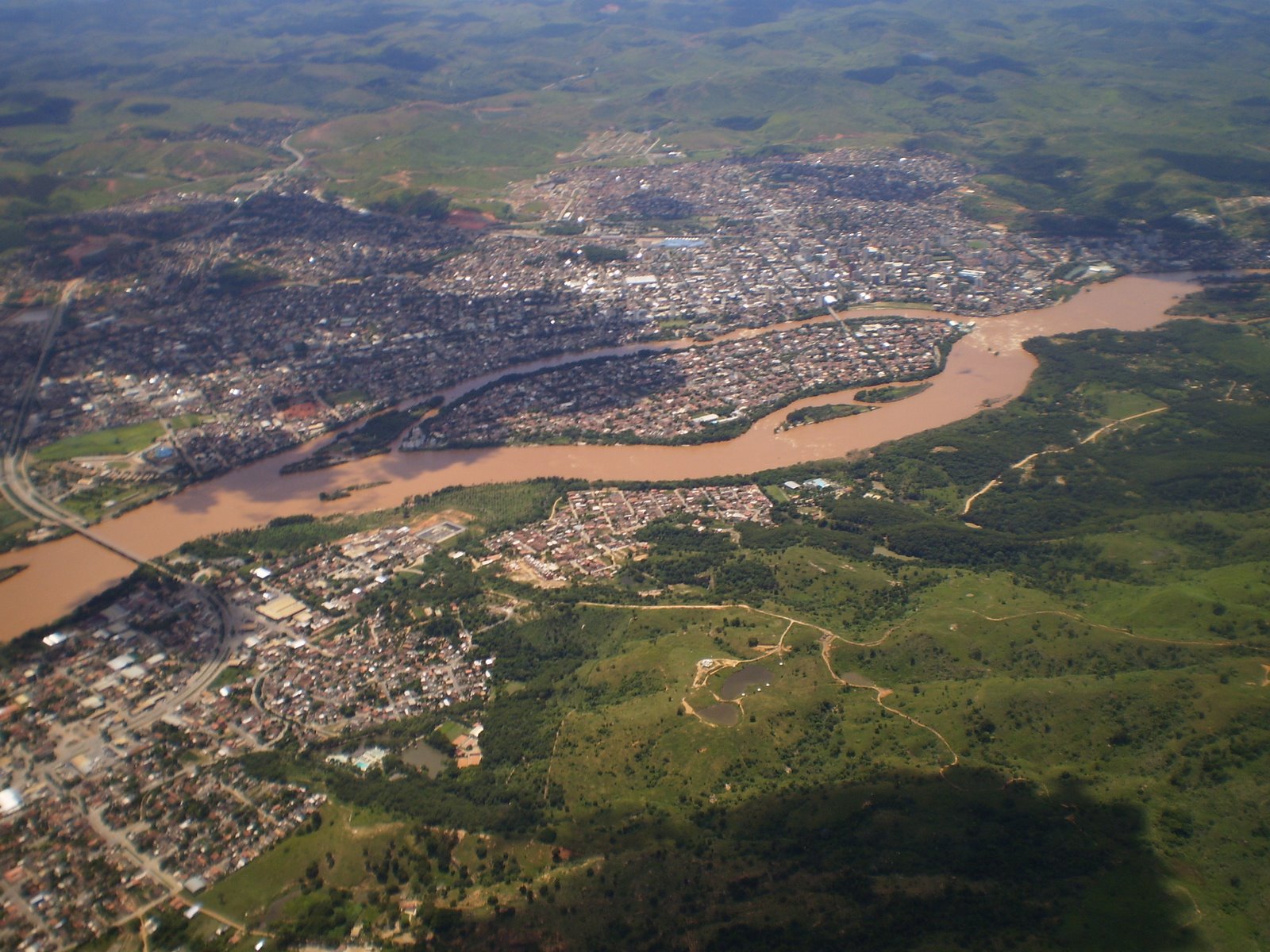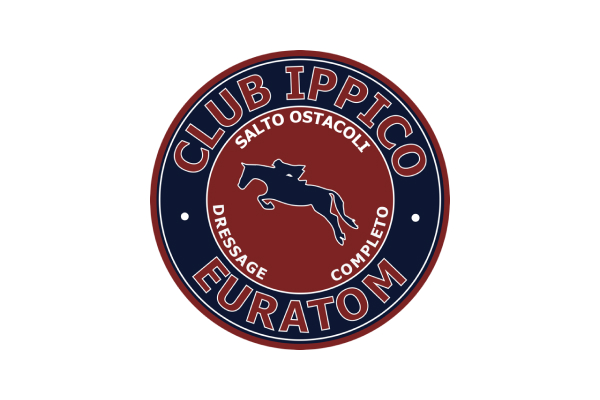
Operation Noah’s Ark launched in Brazil.

In this Equestrian World-piece we tackle a topic which is often disregarded: environmental pollution. It’s a delicate matter which has a serious effect on our ecosystems and animals’ lives. Our case-study today focuses on Brazil where a national disaster on the 5th of November may well have left long-lasting and devastating effects on the environment following the collapse of mining dams.
The tragedy resulted in the spillage of more than fifty million cubic metres of mud which could well contain highly toxic residues from the treatment of mining structures located near Rio Doce. Environmentalists and various other animal associations have launched a warning to the whole country (and that’s not all) stating that it isn’t just animal species at danger, but rather the whole local ecosystem.
To continue, these groups fear there could be another environmental disaster on the same scale that struck the Gulf of Mexico in 2010 after an explosion by the Deepwater Horizon oil-tanker which led to millions of cubic metres of oil being dumped into the Atlantic Ocean.
The rupture of the dams, built to contain liquids containing the residue from the mines, was caused by an earthquake that struck the village of Bento Rodrigues in Mariana, situated on the Rio Doce shores. It’s a worrying situation seeing as numerous species live there such as sea turtles who are at risk of extinction and extremely sensitive to chemical changes in the sea water. They aren’t the only species at danger either with many land animals swept away by the avalanche of mud and many risk death because of a lack of clean drinking water.
To combat this, Operation Noah’s Ark has been launched, a joint task force with the Public Ministry and several other state associations, fishermen and environmentalists to save the species that live in that area. Hundreds of families and residents have also pledged their support. A recent statement from BBC Brazil has communicated that operations are underway and are focused on transferring as many fish as possible to non-contaminated waters and clean up the contaminated zones.
Calls for support continue to be made also through WhatsApp where photos and updates are given on the operation. Brazil’s first lady Dilma Rousseff has promised an in-depth investigation into the company that owns the structures and who in the meantime have been fined 60 million euros.
The company that owns the structures denies the presence of toxic residues in mines, but many analysts and agents have been called on to estimate the extent of the damage caused by the accident. An initial assessment indicates that the spillage of liquids contaminated by chemical residues resulted in a decrease of oxygen in the water to levels that border zero percent with potential consequences for the ecosystem and the local population.
The fine against the company is a very small step towards civilisation, a civilisation understood in a global sense of responsibility towards life forms (human, animal and plant) that regularly pay the consequences of misconduct and unconscious behaviour of many companies.
source: www.bbcbrasil.com / globo.com / Lifegate















